Lab Incubators
Showing 16–30 of 37 results
-
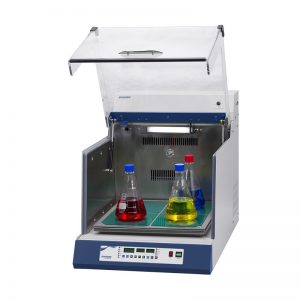
Wiggens – Shaking Incubator – WS-600
-

Wiggens – Shaking Incubator – WS-600R
-
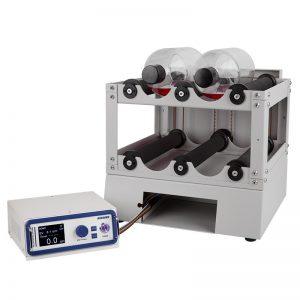
Wiggens – Remote Roller – WB-204MR
-
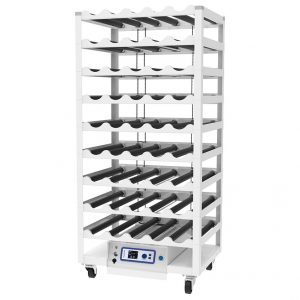
Wiggens – Roller Apparatus – Celrol Pro
-
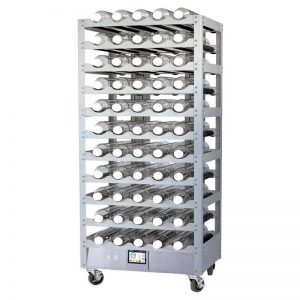
Wiggens – Remote Roller – Celrol Elite
-
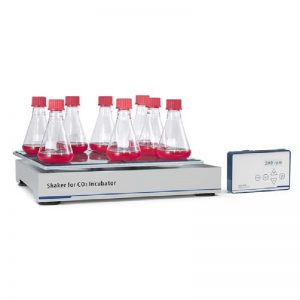
Wiggens – Remote shaker for CO2 Incubator – WOS-CRC
-
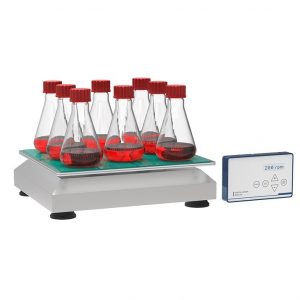
Wiggens – Remote shaker for CO2 Incubator – WOS-SRC
-

Wiggens – Remote shaker for CO2 Incubator – WOS-MRC
-
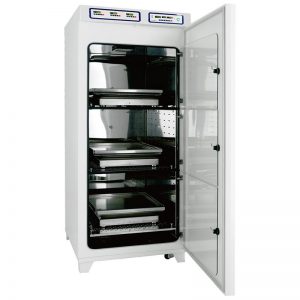
Wiggens – Biotron CO2 Shaking Incubator – WCI-850CH
-

Wiggens – Biotron CO2 Shaking Incubator – WCI-650CH
-
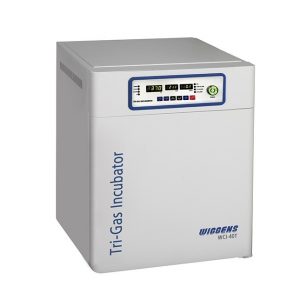
Wiggens – CO2 Incubator – WCI-40T
-
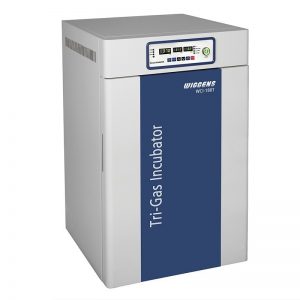
Wiggens – CO2 Incubator – WCI-180T
-
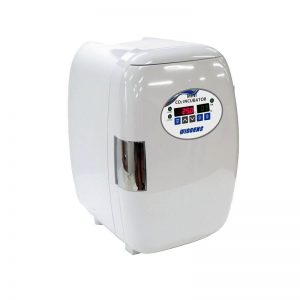
Wiggens – Portable Mini CO2 Incubator – WCI-15R
-
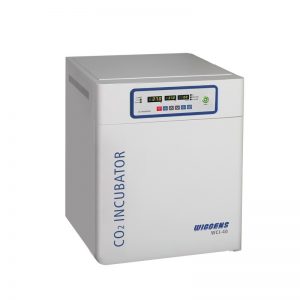
Wiggens – Portable Mini CO2 Incubator – WCI-40
-
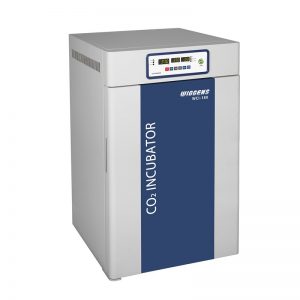
Wiggens – Portable Mini CO2 Incubator – WCI-180
CO2 Incubators
No Results Found
The page you requested could not be found. Try refining your search, or use the navigation above to locate the post.
Shaking Incubators
No Results Found
The page you requested could not be found. Try refining your search, or use the navigation above to locate the post.
Tri Glass Incubators
No Results Found
The page you requested could not be found. Try refining your search, or use the navigation above to locate the post.
Read More
Types of Lab Incubator Machines
We understand that different research and clinical applications require specific types of incubator lab equipment. Here’s an overview of the main types of lab incubator machines we offer:
Laboratory Incubators
Standard laboratory incubators are the workhorses of many research and clinical settings. They provide:
- Precise temperature control, typically from ambient +5°C to 75°C
- Uniform heat distribution for consistent results
- Optional humidity control for sensitive samples
- Various sizes to accommodate different capacity needs
These incubators are ideal for general microbiology, pharmaceutical stability testing, and food science applications across Australia.
CO2 Incubators
CO2 incubators are specialised units designed for cell and tissue culture. They offer:
- Accurate CO2 concentration control (typically 0-20%)
- Humidity regulation to prevent sample desiccation
- Rapid recovery of optimal conditions after door opening
- Optional O2 control for hypoxic studies
These incubators are crucial for stem cell research, cancer studies, and regenerative medicine projects in leading Australian research institutions.
Shaking Incubators
Shaking incubators combine temperature control with orbital motion, perfect for:
- Culturing microorganisms in liquid media
- Solubility studies
- Extraction procedures
With adjustable speed and temperature settings, these units are valuable in biotechnology firms and environmental labs across Australia and New Zealand.
Tri Gas Incubators
Tri gas incubators offer the most precise atmospheric control, including:
- Independent regulation of CO2, O2, and N2
- Ideal for simulating various physiological conditions
- Critical for advanced cell culture and embryology research
These sophisticated units are found in IVF clinics and advanced life science research facilities throughout Australia.
Choosing the Right Incubator Lab Equipment
Selecting the appropriate laboratory incubator for your needs requires careful consideration of several factors:
- Application Specificity: Determine the primary use of your incubator. Are you culturing cells, incubating microbiological samples, or conducting stability tests?
- Temperature Range and Uniformity: Ensure the incubator can maintain the specific temperatures required for your work with minimal fluctuations.
- Capacity: Consider both your current needs and potential future requirements. It’s often wise to choose a slightly larger unit to accommodate growth.
- Contamination Control: Look for features like HEPA filtration, easy-to-clean interiors, and decontamination cycles, especially for sensitive cell culture work.
- Recovery Time: Fast recovery of optimal conditions after door opening is crucial for maintaining sample integrity.
- Data Logging and Connectivity: Modern lab incubator machines often offer advanced monitoring and data export capabilities, essential for GMP compliance and research documentation.
- Energy Efficiency: Consider models with energy-saving features to reduce operational costs and support sustainability goals.
- Local Support and Servicing: Choose a supplier like Eden Lab that offers comprehensive local support across Australia.
Learn More
We’re committed to helping you find the perfect incubator lab equipment for your specific needs. Our team of experts is ready to provide:
- Detailed consultations to assess your requirements
- On-site demonstrations of various incubator models
- Customised solutions for unique research applications
- Comprehensive training on incubator operation and maintenance
- Ongoing technical support and calibration services
Frequently Asked Questions
How often should I calibrate my laboratory incubator?
We recommend annual calibration for most applications. However, for critical research or clinical use, more frequent calibrations may be necessary. Eden Lab offers professional calibration services to ensure your incubator maintains optimal performance.
Can I upgrade my current incubator with new features?
Many modern lab incubator machines are modular, allowing for upgrades such as additional shelving, data logging systems, or improved control interfaces. Consult with our team to explore upgrade options for your specific model.
How do I prevent contamination in my CO2 incubator?
Regular cleaning, using sterile techniques, and employing features like HEPA filtration and heat decontamination cycles can significantly reduce contamination risks. We offer detailed guidance on best practices for maintaining a sterile incubator environment.
Are your incubators suitable for GMP environments?
Yes, many of our laboratory incubators are designed to meet GMP standards. We can provide necessary documentation and validation support for regulatory compliance.
What should I consider when choosing between a water-jacketed and an air-jacketed incubator?
Water-jacketed incubators generally offer better temperature stability and recovery, but are heavier and require more maintenance. Air-jacketed models are lighter and often more energy-efficient. Your choice depends on your specific application requirements and facility constraints.



